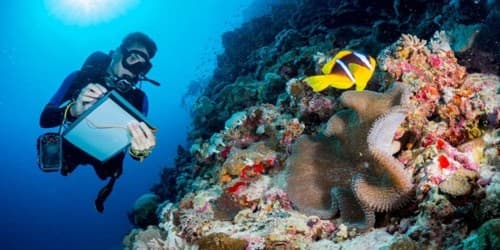Socialization is known as the process of inducting the individual into the social world. It is the means by which human infants begin to acquire the skills necessary to perform as functioning members of their society.
Group socialization:
Group socialization is holding that an individual’s peer groups, rather than parental figures, influences his or her personality and behavior in adulthood. Adolescents spend more time with peers than with parents. Therefore, peer groups have stronger correlations with personality development than parental figures do. Entering high school is a crucial moment in many adolescent’s lifespans involving the branching off from the restraints of their parents. When dealing with new life challenges, adolescents take comfort in discussing these issues within their peer groups instead of their parents.
Explanation
Group socialization is the theory that an individual’s peer groups, rather than parental figures, are the primary influence on personality and behavior in adulthood. Parental behavior and the home environment have either no effect on the social development of children, or the effect varies significantly between children. Adolescents spend more time with peers than with parents. Therefore, peer groups have stronger correlations with personality development than parental figures do. For example, twin brothers, whose genetic makeup are identical, will differ in personality because they have different groups of friends, not necessarily because their parents raised them differently. Behavioral genetics suggest that up to fifty percent of the variance in adult personality is due to genetic differences. The environment in which a child has raised accounts for only approximately ten percent of the variance of an adult’s personality. As much as twenty percent of the variance is due to measurement error. This suggests that only a very small part of an adult’s personality is influenced by factors parents control. Harris claims that while it’s true that siblings don’t have identical experiences in the home environment, the variance found by current methods is so low that researchers should look elsewhere to try to account for the remaining variance. Harris also states that developing long-term personality characteristics away from the home environment would be evolutionarily beneficial because future success is more likely to depend on interactions with peers than interactions with parents and siblings. Also, because of already existing genetic similarities with parents, developing personalities outside of childhood home environments would further diversify individuals, increasing their evolutionary success.
Entering high school is a crucial moment in many adolescent’s lifespans involving the branching off from the restraints of their parents. When dealing with new life challenges, adolescents take comfort in discussing these issues within their peer groups instead of their parents. Peter Grier, staff writer of the Christian Science Monitor describes this occurrence as,”Call it the benign side of peer pressure. Today’s high-schoolers operate in groups that play the role of nag and nanny-in ways that are both beneficial and isolating.”
Information Source:
















